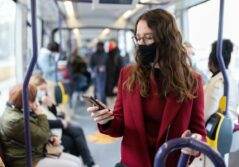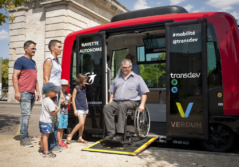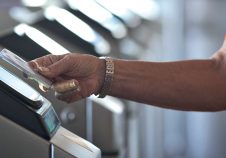global carbon footprint
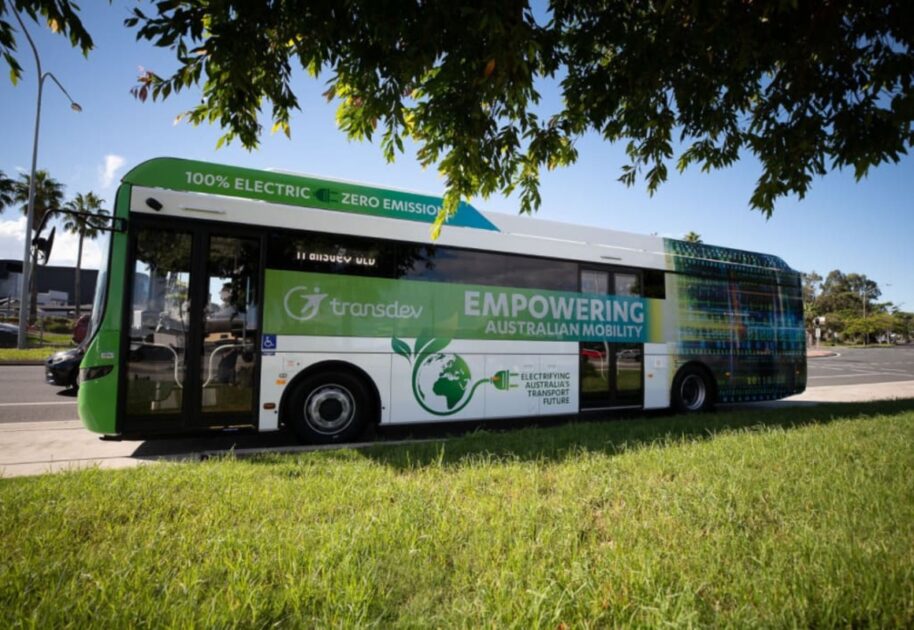
While transport represents 22% of global CO2 emissions, guiding and supporting communities and regions in their ecological transition is a priority for Transdev. We are the leading European operator of zero emission mobility and every day we develop energy solutions for cleaner journeys.
True to our purpose of defending the common good though our green and multimodal mobility offer, we are committed to improving the air quality in our cities. That is why we are deploying clean transportation solutions with no CO² emissions.
Today, there is no universal solution for zero emissions. Innovation is required to support local areas in their energy transition. Whether it is all electric or with hydrogen, we operate the largest fleet of ZE buses in the world. At the end of 2023, this fleet have 2,900 zero-emission buses in operation or on order. It is thanks to this expertise that we can advise our partners in the choice of greener and cleaner mobility solutions.
Deploying electromobility solutions adapted to communities
Our commitment to sustainable mobility is first reflected in our ability to offer and operate a wide variety of electric vehicles. Electric buses and mini buses in the Netherlands, Sweden and France, self-service electric cars, autonomous vehicles in Rouen… we are pioneers in the operation of 100% electric vehicle networks.
When operating all-electric is not (yet) possible, we are accelerating the conversion of diesel bus and coach fleets to an increasingly electrified fleet.
New environmental solutions
In Australia, Transdev launched a new fleet emissions monitoring system in 2023 that will help improve bus performance in some Australian cities.
which will help improve bus performance in selected Australian cities. This environmental dashboard will measure the amount of fossil fuels used (diesel, compressed natural gas,gasoline and electricity) and water consumption of more than 2,000 Transdev buses, streetcars and ferries in Sydney and buses in Perth and Brisbane.
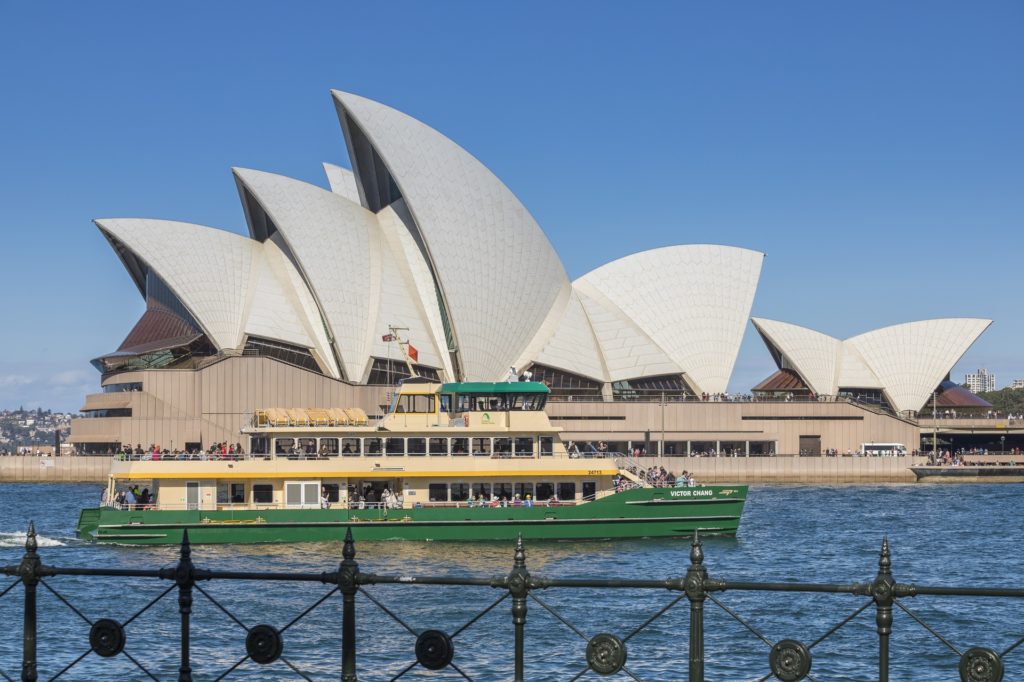
Transdev Netherlands, which brings together the operating divisions Transdev/ Connexxion OV, Connexxion Taxi Services and Witte Kruis, has set higher targets for the period 2022-2025, in line with government commitments:
- at least 50% of the commercial public transport fleet to be powered by electricity or hydrogen ;
- reduce total annual gas consumption by buildings and facilities by 10%;
- reduce total electricity consumption in buildings and facilities by 30% compared with 2019.
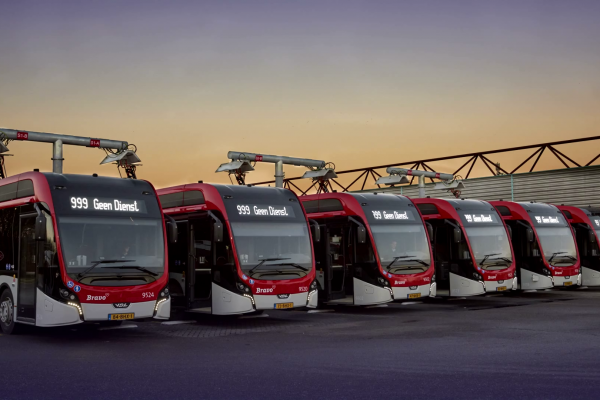
Transdev, in partnership with The Shifters, adds an international dimension to the Mobility Fresco
After an initial partnership agreement signed on June 22, 2023 under which collaborative workshops were held in France to raise awareness of the carbon challenges of personal mobility, Transdev and The Shifters association will extend the program to four continents where the Group operates.
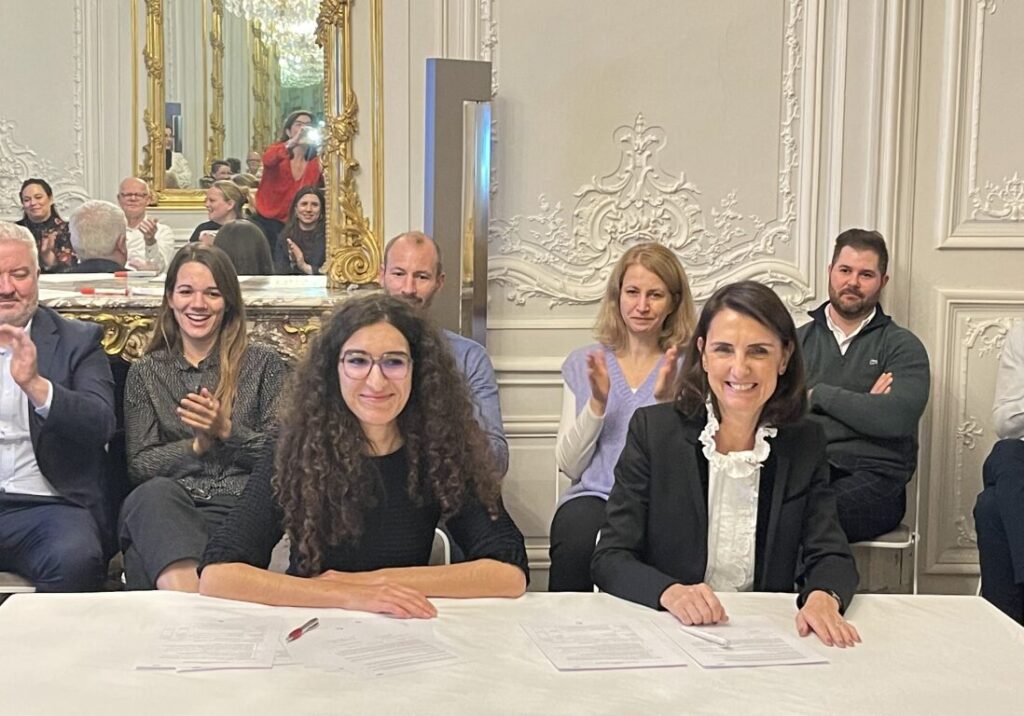
In September 2023, Transdev’s head office in Issy-les-Moulineaux was awarded the “Gold Employer Pro Vélo” label by the French Bicycle Users Federation (FUB). This award is a testimony to Transdev’s commitment to sustainable mobility and to promoting the use of bicycles as a means of transportation for head office employees. It attests to the quality of its cycling infrastructure, its incentives to use bicycles, and its initiatives to improve the quality of life for head office employees.
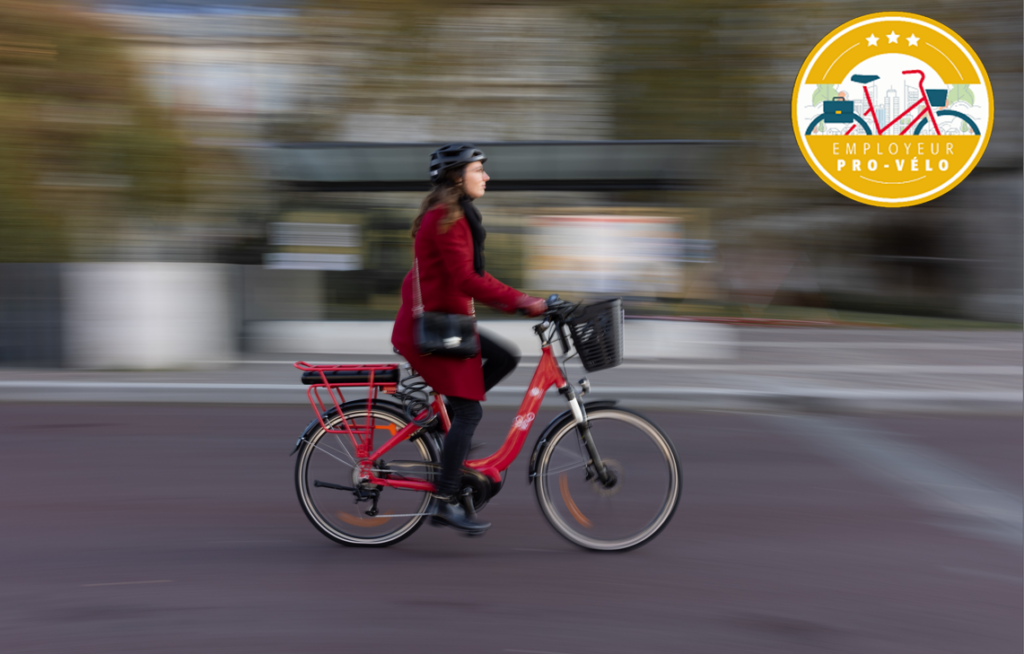
In June 2023, Transdev Blazefield signed a partnership agreement with Argent Fuels, a major supplier of sustainable biodiesel in the United Kingdom. Under this agreement, Argent Fuels will help Transdev switch to 100% biodegradable biodiesel from renewable sources for its entire UK fleet, deployed from 10 operating centers. This collaboration will reduce CO2 emissions by over 3,600 tons a year.
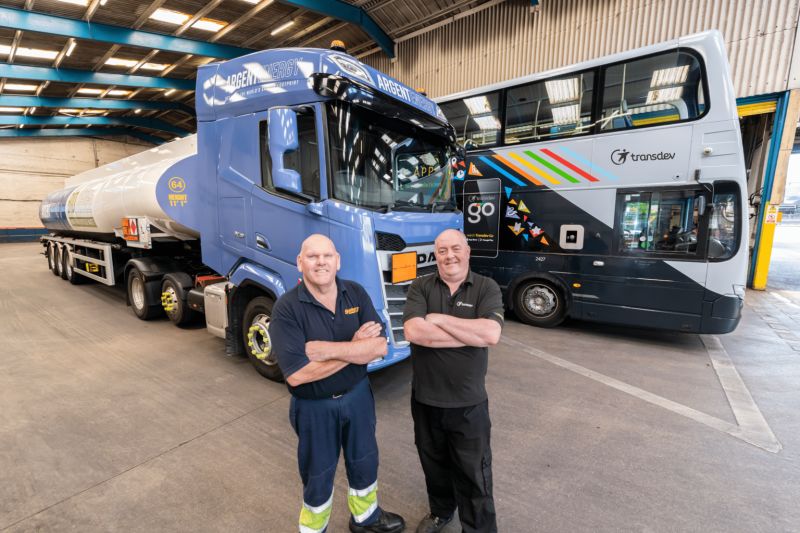
Transdev, which operates the TIC network through its subsidiary Transdev Picardie, supports the energy transition in the Compiègne region. Thanks to the collaborative efforts of the Compiègne metropolitan area, Transdev Picardie and its partners GRDF, Iveco, Scania and Total Energies, a new biogas fueling station has been in operation since January 2023. This station will supply BioNGV to fuel the network’s new buses (eventually around 15).
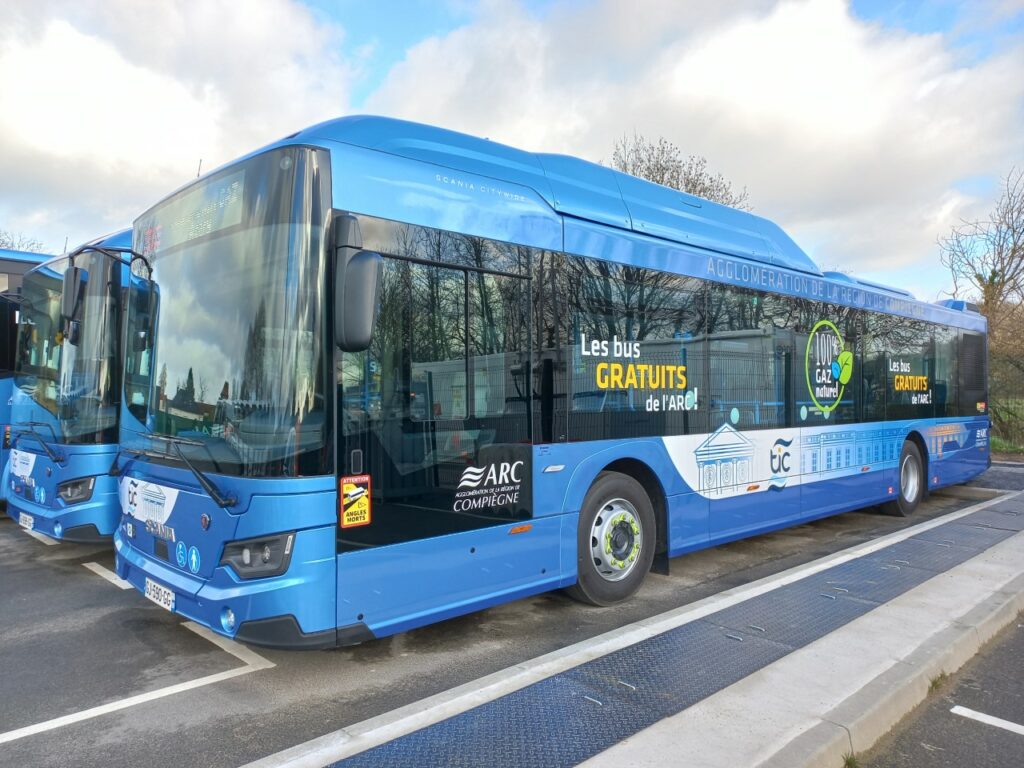
In Canada, Transdev is one of the largest private operators of electric school buses in North America. The addition of these buses has reduced GHG emissions compared with those of internal combustion vehicles. Working with local vehicle manufacturers and electricity suppliers (Hydro-Québec), Transdev Canada’s goal is to continually increase the number of electric school buses in the coming years.
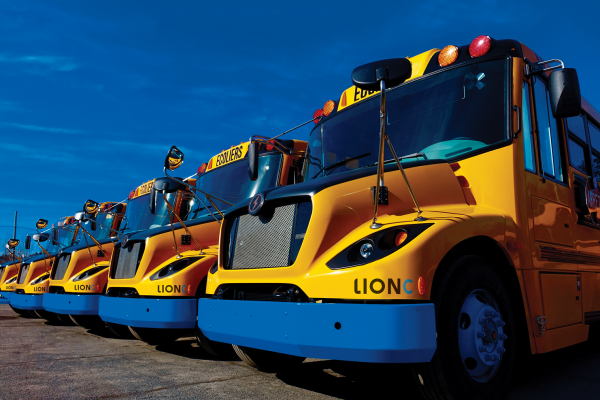
Hydrogen buses: the green mobility of the future
At Transdev, we believe that hydrogen will play an important role in the energy mix of future fuels for clean mobility.
It is also a promising technology. The fuel cell makes it possible to produce onboard the electricity needed to power the electric motor. This battery runs on hydrogen, which, combined with oxygen in the air, produces the electricity needed for traction. The only emissions: water and water vapour… The result: zero pollution in the environment – zero pollutants, zero particles, zero CO² and zero engine noise for a range of over 300 kilometers.
Because innovation is at the heart of our DNA, in 2017 we initiated experiments with fuel cell electric vehicles in Eindhoven in the Netherlands and in La Rochelle in 2019 and Nantes in 2019 with river shuttles.
In the Hauts de France region, a commercial operation was set up in the summer of 2019. Lens is the first hydrogen-powered electric bus line in France. In service under the TADAO brand, six high-level service buses (BHNS) link Auchel to Bruay-la-Buissière (Pas-de-Calais), over 13.4 km and 420,000 km to be covered annually.
In the Netherlands, our subsidiary Connexxion operates electric and hydrogene buses in the province of South Holland since the end of 2021. These buses can travel up to 350 km autonomously and will replace natural gas buses. The batteries will be able to withstand high levels of current when stopped and started, with continuous work by the fuel cells.
Our added value: to offer electromobility adapted to the specific geographical, climatic and usage characteristics of each region in order to build a tailor-made offer.

